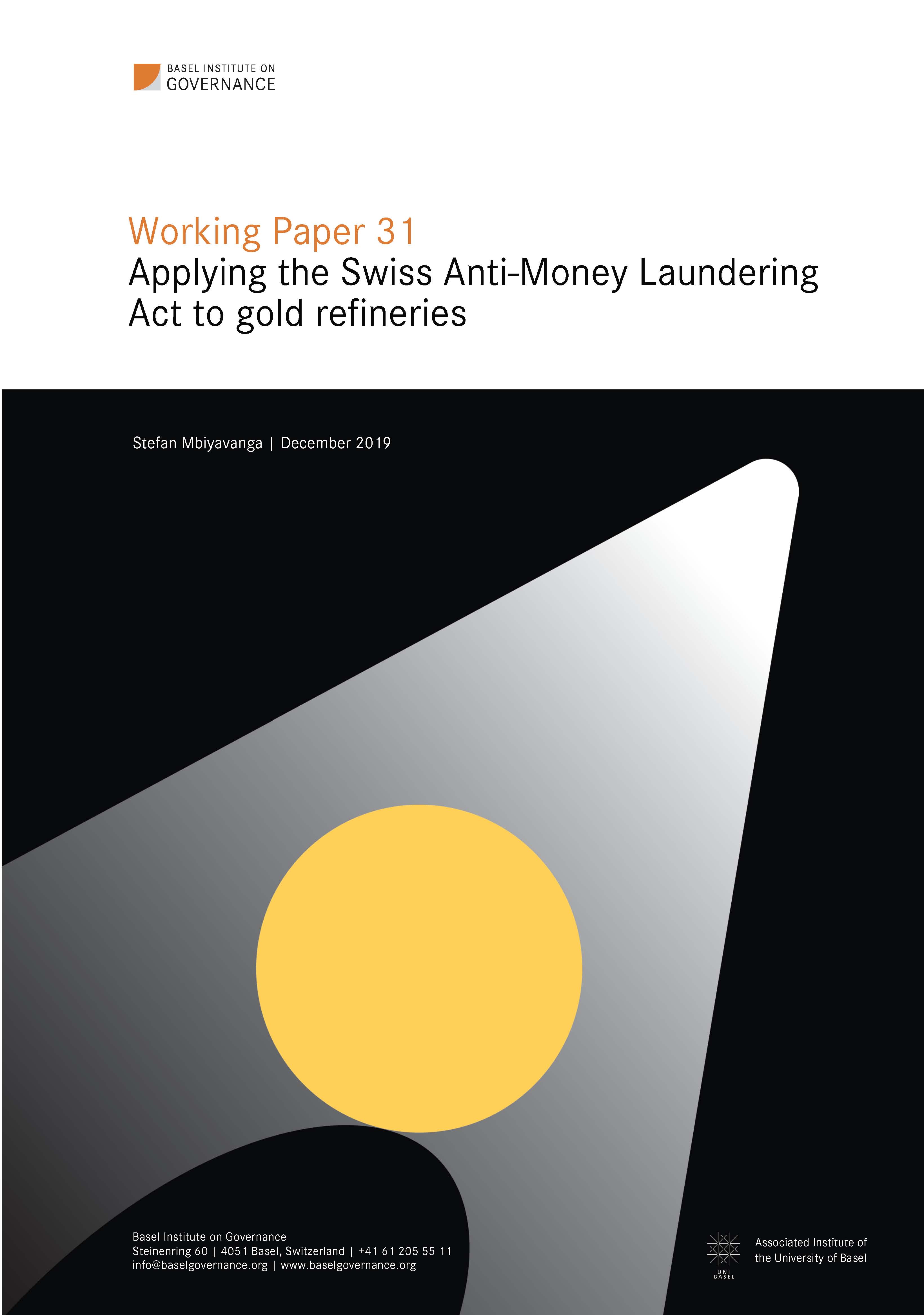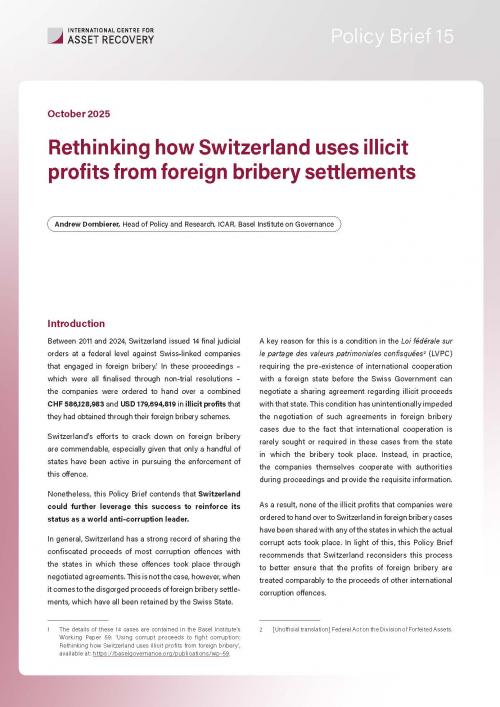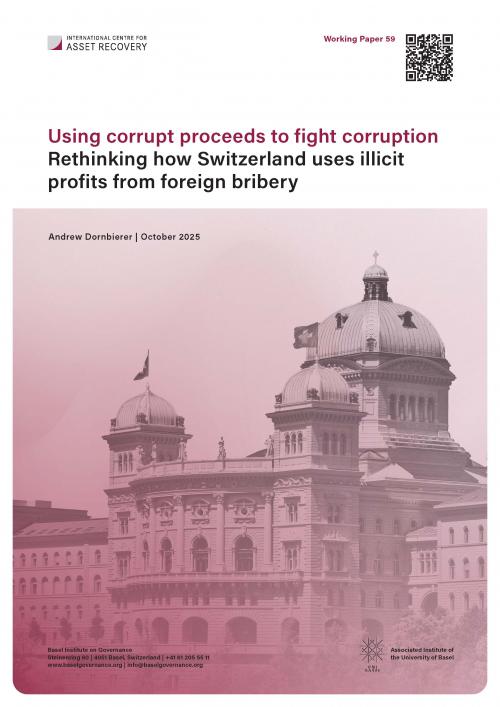Working Paper 31: Applying the Swiss Anti-Money Laundering Act to gold refineries
Switzerland is the world leader in gold refining. Of the roughly 2,200–3,100 tonnes of raw gold imported into the country each year, the majority is destined for Swiss gold refineries. Together these companies are estimated to refine 50–70 percent of the world’s gold production, transforming it into gold bars, semi-finished products and other goods.
The imported gold loses all traces of its origin during the refining process. Due to the high-quality manufacturing standards of Swiss refineries, and the fact that they possess all of the pertinent accreditations, the gold can afterwards be traded as "Swiss" gold on international financial markets without restrictions.
At the same time, the international gold trade is enormously vulnerable to money laundering operations by drug cartels and other forms of organised crime networks, terrorist organisations, and kleptocrats. As the world centre of gold refining, Switzerland is highly exposed to these money laundering risks.
This Working Paper first analyses money laundering risks in the gold trade, supported by examples. This is followed by an overview of the gold refineries' due diligence obligations under existing self-regulation and the Swiss Anti-Money Laundering Act (AMLA). It is shown that the self-regulation models have, at best, mixed success and that the core business of the refineries is not subject to the AMLA. Finally, the paper sets out the pros and cons of applying the AMLA obligations to the core business of Swiss refineries.
About this Working Paper
This paper is part of the Basel Institute on Governance Working Paper Series, ISSN: 2624-9650. It is also available in German: Die Unterstellung von Goldraffinerien unter das Geldwäschereigesetz.
Links and other languages




